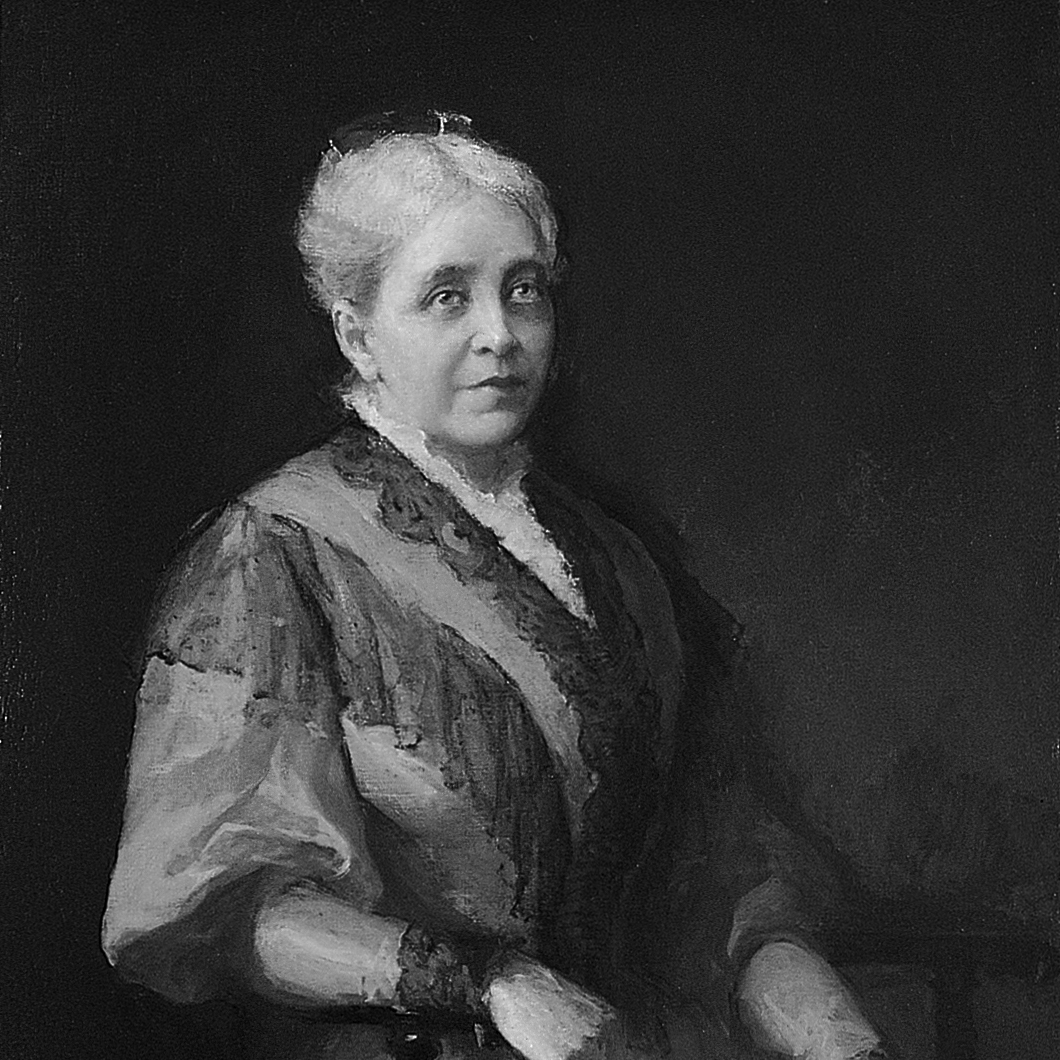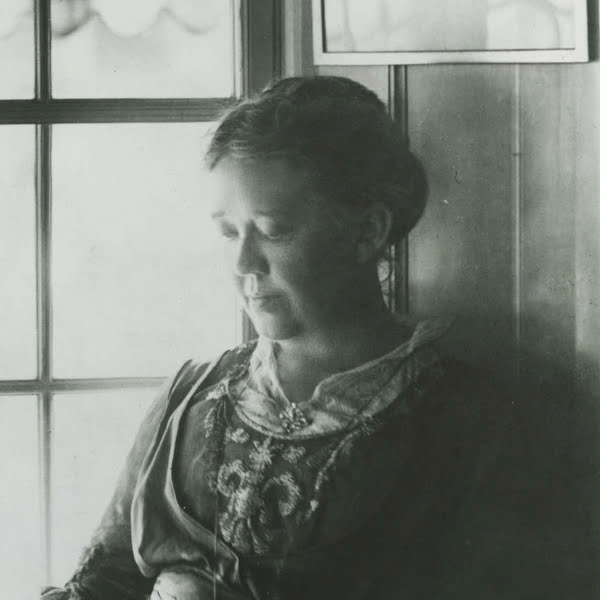Rhode Island School of Design
RISD is a nonprofit college and museum founded in 1877 in the city of Providence, RI. Today 2,518 students from 57 countries engage in 44 full-time bachelor’s and master’s degree programs, supported by a committed faculty and worldwide network of more than 33,000 alumni.
By cultivating expansive and elastic thinking, RISD equips artists, designers and scholars to generate and challenge the ideas that shape our world.

Leadership
Guided by President Crystal Williams, our leadership furthers the reach and champions the transformational power of creative education.
Crystal Williams believes that education, art and design, and commitments to equity and justice are essential to transforming our society. Williams has more than two decades of higher education experience. She is an institutional catalyst, helping to envision, define and achieve greater outcomes for students, faculty and staff. As a faculty member, she has focused on advancing artistic inquiry and engagement. As a leader, she ensures through her work that institutions are more effective, mission-aligned and diverse, equitable and inclusive.
RISD is a college and museum located in Providence, Rhode Island.
20 Washington Place
Fourth floor
Providence, RI 02903
History and Tradition
As one of the first independent colleges of art and design in the US—incorporated on March 22, 1877 as both a school and museum—Rhode Island School of Design has always stood out as something of a maverick.
By the time RISD began offering full bachelor’s degree programs in the 1930s, our reputation for vision and leadership in advanced studio-based education had already begun to grow.
Started by a group of women well before any woman had the right to vote in the US, RISD has always embraced art and design’s capacity to stoke curiosity and spur progress.
Mission and Values
The mission of Rhode Island School of Design, through its college and museum, is to educate its students and the public in the creation and appreciation of works of art and design, to discover and transmit knowledge and to make lasting contributions to a global society through critical thinking, scholarship and innovation.
Land Acknowledgement
Rhode Island School of Design is built on what is now called College Hill, part of the ancestral homelands of the Narragansett Indian Tribe. Indigenous people from many tribes and nations—near and far—live, study and work in Providence today. The amplification of Native voices and histories is crucial to rectifying the many violent legacies of colonialism, and we gratefully acknowledge the ongoing critical contributions of Indigenous people across our state, region and nation.
Our values
We value the material practices of artists and designers as principal modes of engagement with the wider world.
We value the necessary and crucial contribution of deep disciplinary understanding to effective interdisciplinary practice.
We value collaborative interplay across design, fine arts and the liberal arts to cultivate deep literacies, to shape cumulative understanding, to transform thought and to expand making practices.
We value experimental, contextual and culturally diverse methods of creative practice and rigorous scholarship as essential ways of creating knowledge and engaging with complexity and uncertainty.
We value enlightened engagement with emerging and evolving technologies, along with critical reflection on the interests those technologies serve and the impact they have on diverse peoples, communities and the planet.
We value a classroom, studio and campus environment that advances principles of social equity and inclusion, environmental and climate justice, and equal access to resources and opportunities.
We value the development of lifelong skills that integrate the physical, emotional and mental well-being of our entire community.
We value the careful stewardship of our human, financial and physical resources.
We value our role as a place-based institution with a commitment to furthering progress in Providence and Rhode Island through mutually beneficial engagement with the community.
Social Equity and Inclusion
At RISD, our commitment to social equity and inclusion is embedded in our mission, structure, policies and strategic plan. In identifying institutional strengths and challenges, we help enhance a sense of belonging on campus—for all community members. Learn more below about our SEI vision and how we live it in practice.
Since launching our first Social Equity and Inclusion (SEI) Action Plan in 2017, RISD has built upon a series of core values inspired by student activity and input across our community. Among others, these include:
- embedding social equity and inclusion in all institutional structures and processes.
- fostering a campus culture that welcomes difference, promotes student agency and enables collective community building.
- increasing diversity among students, faculty and staff.
- making RISD more accessible across a diverse range of social groups.
- ensuring equal access for all students to the supports they need for academic success.
Ensuring RISD’s commitment to social equity and inclusion, in principle and practice, is a cross-collaborative, community-wide effort. We realize this commitment through contributions by institutional leadership, faculty across all disciplines, and a network administrative offices that put key initiatives into action, as well as uphold our values in how we engage our community and the world. And critical to our collective work toward a truly equitable, inclusive RISD is the input, activity and creative contributions of our students and alumni, and their work toward a more just institution and world.
Founding RISD: women lead the way
A radical experiment

RISD was founded and nurtured by a small group of women well before any woman in America gained the right to vote. That year Helen Adelia Rowe Metcalf urged 34 members of the Rhode Island Women’s Centennial Commission to invest their group’s surplus funding of $1,675—which they had raised for RI’s contribution to the Philadelphia Centennial Exhibition in 1876—in founding a school of art and design (instead of building a public fountain, one of the other options on the table).
The idea behind the college was driven by the desire to support the state’s thriving textiles and jewelry industries in particular, with the first courses of study offered at RISD addressing two main areas: Freehand Drawing and Painting and Mechanical Drawing and Design.
Under Metcalf’s able leadership, the women who founded RISD embarked on a radical experiment that set a precedent for its ongoing commitment to challenging expectations.
Forwarding the family legacy
 In pouring her time, energy, vision and funds into running the institution and ensuring its survival, Metcalf was joined by her daughter Eliza Radeke (pictured), who from 1913–31 was the first woman to serve as RISD’s president.
In pouring her time, energy, vision and funds into running the institution and ensuring its survival, Metcalf was joined by her daughter Eliza Radeke (pictured), who from 1913–31 was the first woman to serve as RISD’s president.
An avid and eclectic collector, Radeke worked closely with artists, dealers and museum directors to develop the RISD Museum’s extensive collection and funded the construction of the gallery that connects Pendleton House to the 1926 museum building named in her honor.
Radeke was then succeeded by her niece Helen Metcalf Danforth, who was president from 1931–47 before serving RISD’s first Board of Trustees chair from 1947–65. It was during her tenure that RISD earned the right to grant college degrees (as opposed to certificates) in 1932 and became a fully accredited college in 1949.







